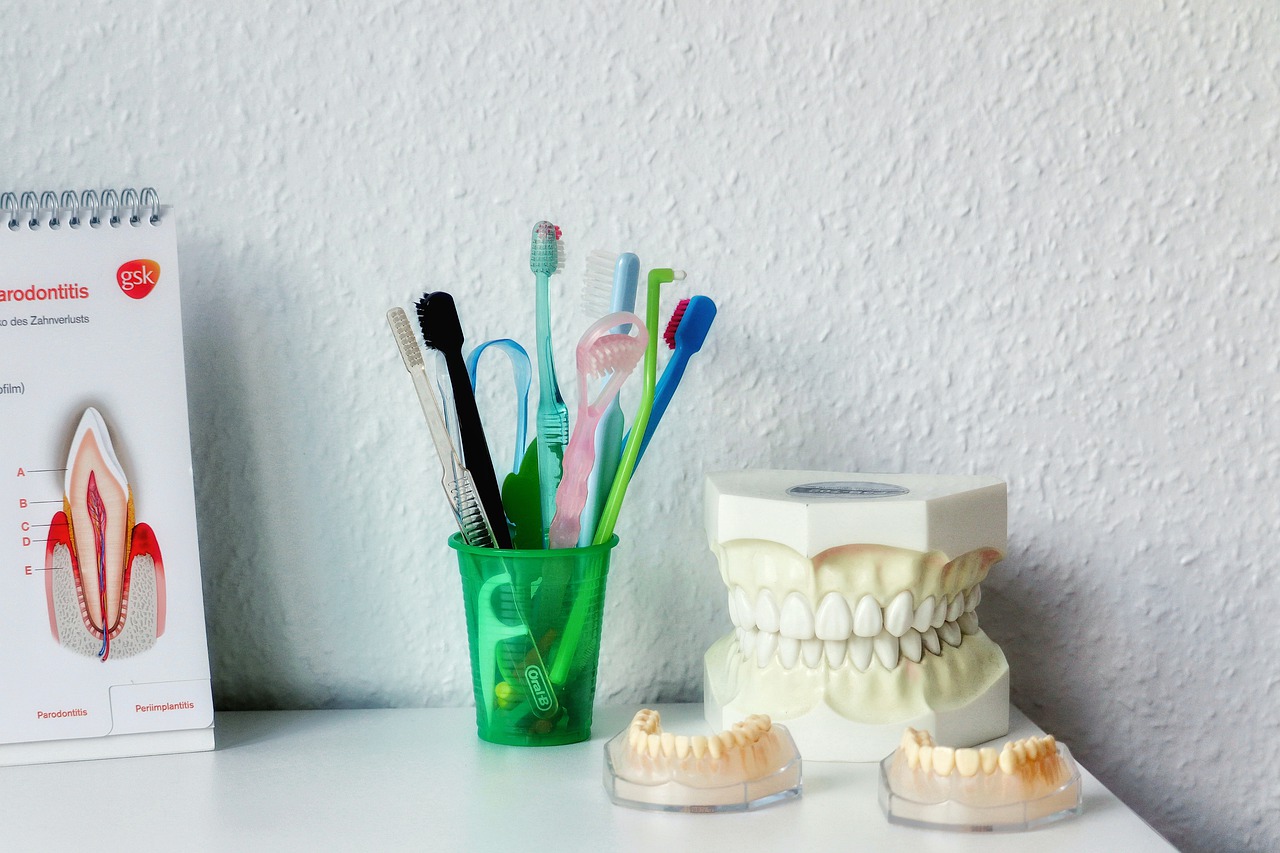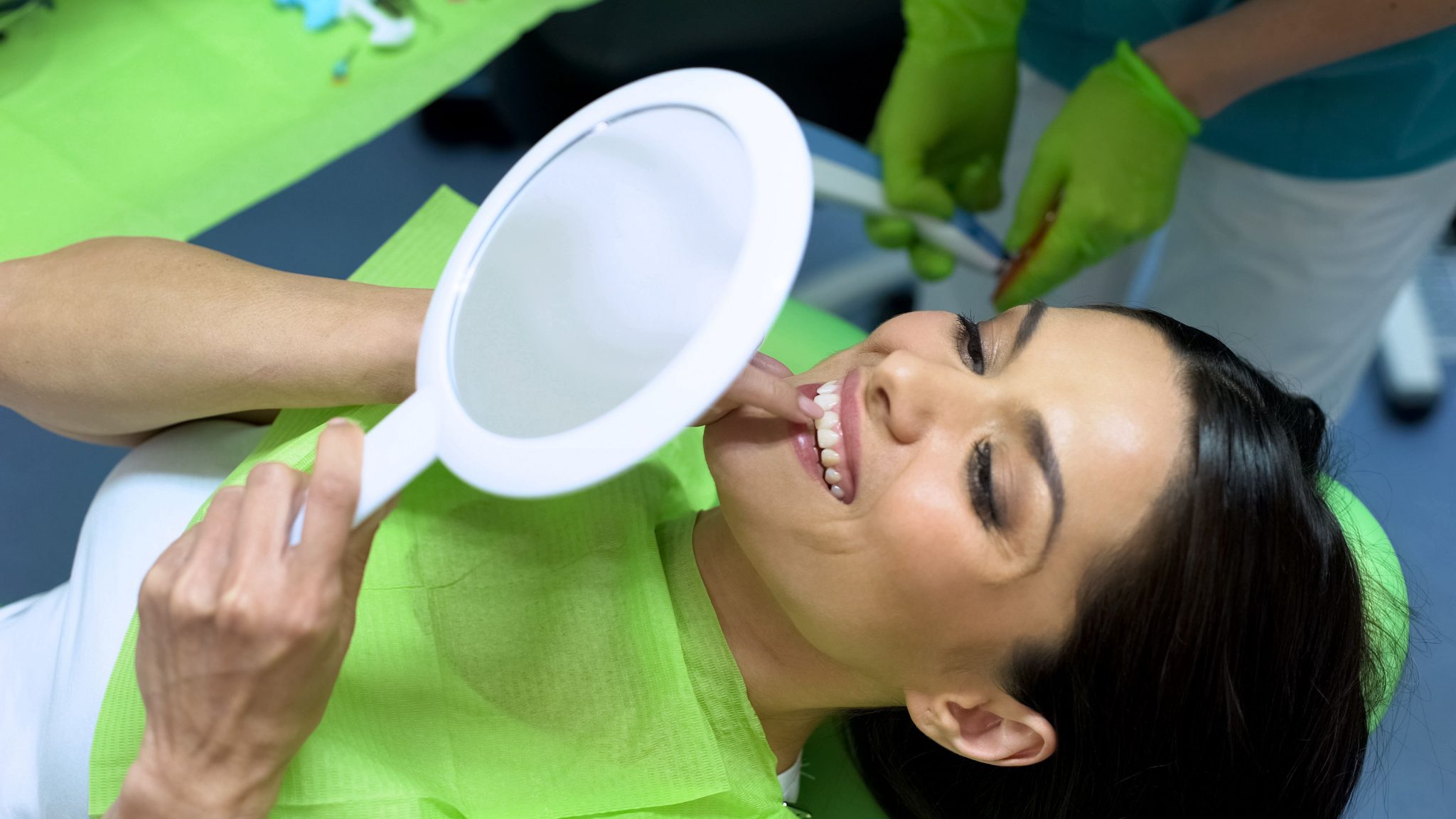If you have a cavity and are reluctant to call your dentist, you may be hoping the cavity will just heal itself. A cavity is tooth decay that causes a hole in the tooth. If cavities are not treated more serious issues can develop. At Owings Mills Dentistry, it is important to take care of your oral health and practice good habits at home. Attending your regular cleanings and exams in our office can identify if you have any cavities, and make sure they are addressed promptly.
How Will My Small Cavity Be Treated?
If you have a large cavity, you will most likely need a filling. If the cavity is small and is causing you no pain or discomfort, we may be able to watch the cavity by comparing x-rays to determine if the cavity is active or arrested. Small cavities that are caught early on can be stopped with good oral hygiene. Taking care of your teeth with brushing, flossing, and using fluoride can help strengthen the enamel, and stop a cavity in its tracks.
Treatments for a Cavity
- Fillings
- Inlays or Onlays
- Crowns
- Root Canals
- Extractions
What Can I Do To Reverse Decay and Prevent Cavities?
- Brush and floss at least twice a day using a fluoride toothpaste.
- Increase your fluoride intake to help stop the cavity from further decay. Our office provides fluoride treatments, and fluoride can be found in toothpaste or mouthwashes.
- Sealants can be applied to molars to prevent cavities from forming. This is a clear plastic protective coat that can help halt or reverse current decay on a tooth if the cavity is small enough and in the early stages.
- Limit eating and drinking foods that have a high sugar content. These types of foods and drinks contribute to tooth decay. If you do consume these foods, make sure to brush right afterwards.
- Visit our office twice a year for your regular cleaning and exam.
Interested in Scheduling an Appointment?
If you have a cavity that needs to be filled, or is causing your issues please do not hesitate to call our office. Leaving a cavity untreated can cause more serious issues if the cavity is not addressed promptly. Our flexible hours and schedule allow you to be seen right away. Your health is our priority and we welcome new patients to our office.
To schedule your dental exam or cleaning contact Owings Mills Dentistry, and our staff will be happy to assist you!











